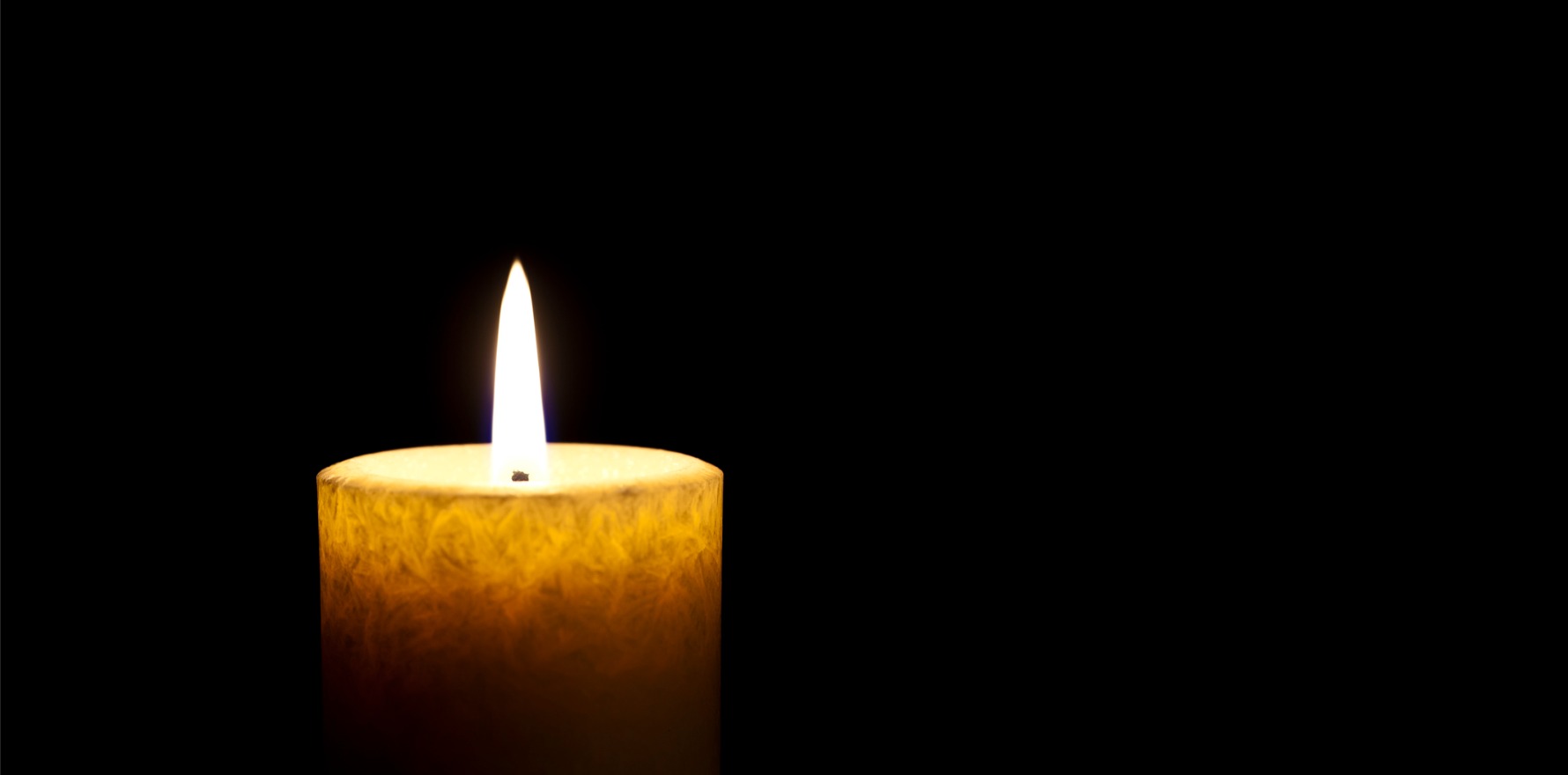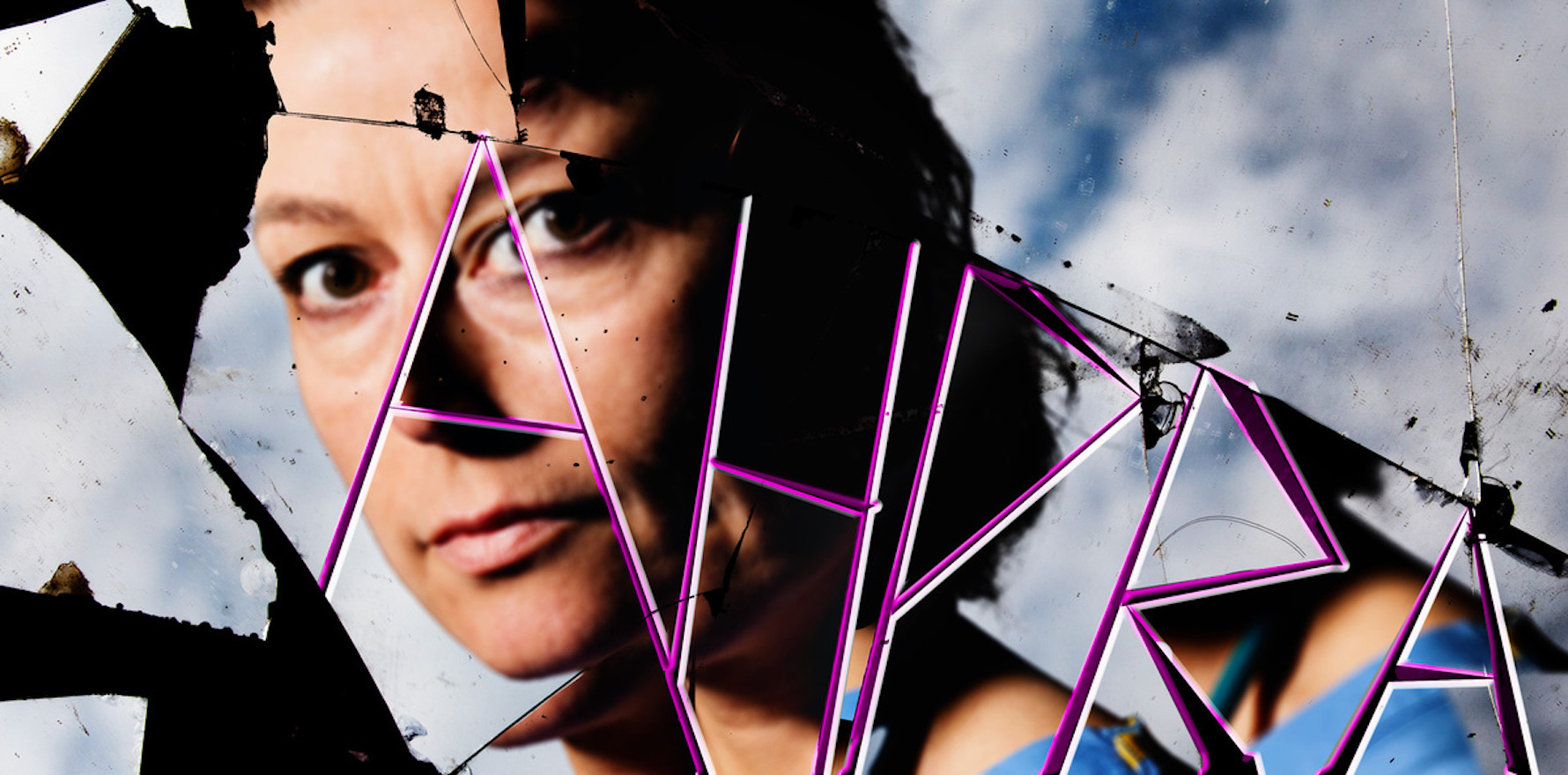While Crazy Socks 4 Docs day has traditionally been about starting the conversation on doctor’s mental health, one Queensland GP wants to see that momentum turned into action.
Every year since Townsville GP Dr Sarah Kleinman graduated from medical school, at least one doctor within her network has died by suicide.
Over the past two years, five doctors in her rural city – two junior doctors and three senior members of the medical community – have taken their own lives.
“I’m just a bit tired of accepting [this as] the norm,” she told The Medical Republic.
The first Friday in June each year marks Crazy Socks 4 Docs day, when physicians are encouraged to speak up about their own mental health.
This year, Dr Kleinman wants to see doctors talking about their struggles for longer than one day.
“At the end of the day, the doctors who’ve completed suicide are only indicative of the level of neglect of wellbeing in an entire community,” she said.
“There’ll be people who maybe have contemplated suicide or have attempted suicide … but not completed it.
“They are the canary in the mineshaft [telling us that] everything’s not okay in a community, when we’re saying goodbye to our carers.”
The five doctors who have died by suicide in Townsville over the last few years were respected individuals, Dr Kleinman said, and there was no one reason for their death.
One common factor, though, was a lack of access to good quality care and the stigma that remains around seeking treatment as a doctor.
That’s why Dr Kleinman is advocating for funding to employ a chief wellbeing officer in the city, whose remit would extend beyond hospitals and include community-based doctors in North Queensland.
“It’s such a rare thing for actually us to put our hands up and say, as doctors, that we are not alright,” she said.
“Maybe it’s time for us to change the culture and the level of access doctors have to care, and that’s why I would like to see a funded position and make that somebody’s job.”
While there are hard-working doctors who make up wellbeing committees, she said, the work tends to be volunteer-driven.
“They are amazing people and they’ve done a lot of good work, but the reality is that … their job has to be their main focus,” Dr Kleinman said.
“What I want is a paid position so that we can stop just having these conversations and actually start seeing some change.”
RACGP vice president Associate Professor Michael Clements, who also practices in Townsville, said the tight-knit medical community had been shocked by the recent suicides.
“It was a mystery for everybody, this idea that these doctors were essentially suffering in silence,” he told TMR.
“Their colleagues who were working next door to them were often just entirely unaware, and that’s what hurts.
“For too many of our colleagues, the pain is hidden.”
In Professor Clements’ view, one of the more pressing action areas would be reforms to the mandatory reporting rules that would make it easier for doctors to seek help for mental health issues.
“We know that the mandatory reporting laws are for an extreme scenario and that actually having to make a mandatory report is extremely rare,” he said.
“I have certainly never had to report somebody under mandatory reporting … but the reality is that the fact that the [existence of] the legislation is itself a barrier and is itself a disincentive for doctors to seek care.”
Related
Drs4Drs executive director Pamela Spoors told TMR that the doctors’ health organisation had been working on an action plan that it would released toward the end of June which would identify immediate priority action areas.
“We really want to get people to on focus on … their health and getting doctors to go see their GP on a regular basis and have those conversations,” she said.
“We also want doctors to be aware of and conscious of the notification process, because many doctors over their career will receive a notification, but it still remains a secret.”
If this article caused distress or if you are prompted to reach out for support, these services are available:
Doctors4doctors crisis support hotline: 1300 374 377
Lifeline: 13 11 14
Beyond Blue: 1300 22 46 36





